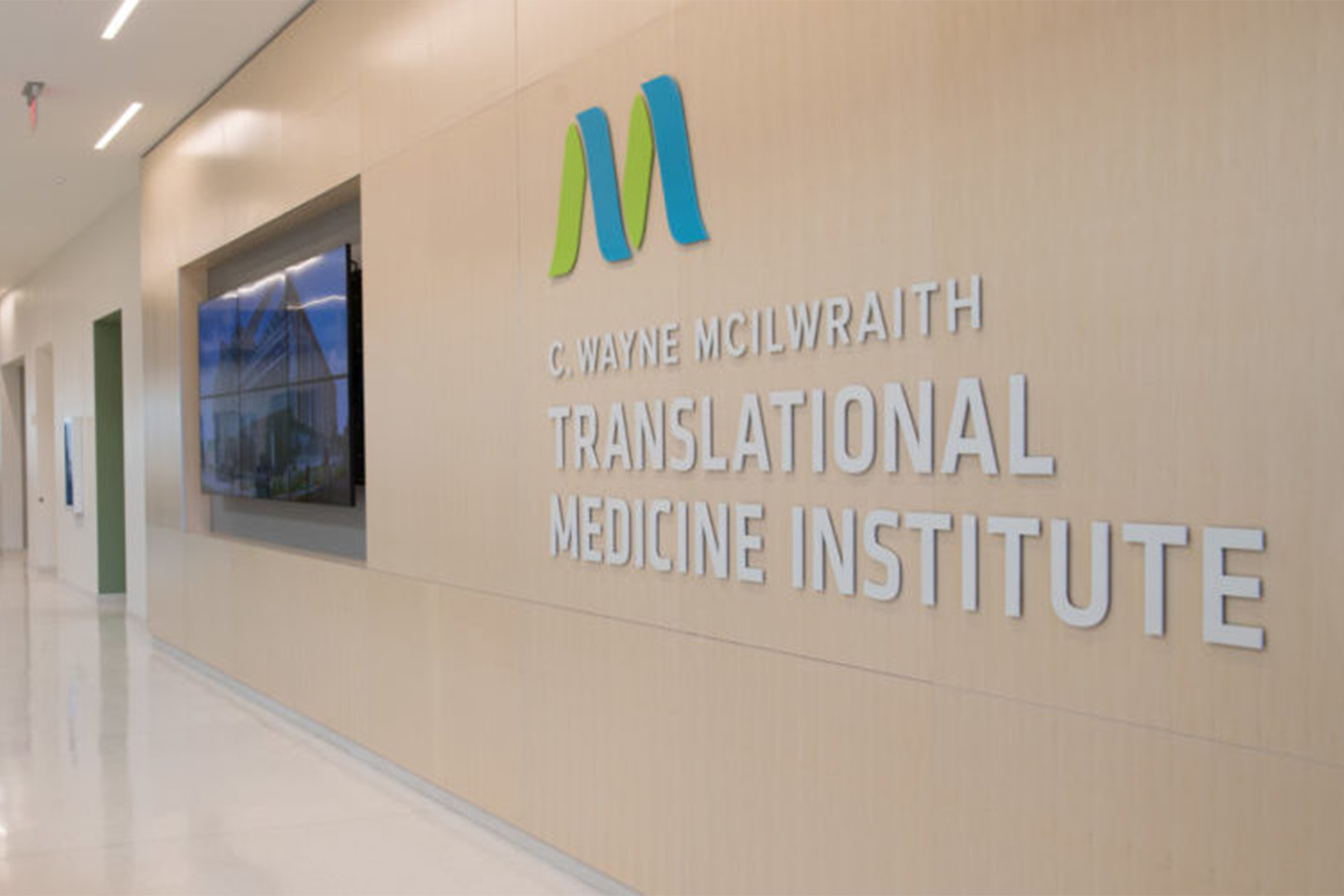
Friday, Nov. 8, will mark the first Adaptive Design Workshop for Preclinical, Clinical Veterinary, and Translational Human Studies at the new Translational Medicine Institute.
The first Adaptive Design Workshop for Preclinical, Clinical Veterinary, and Translational Human Studies at Colorado State University’s brand-new Translational Medicine Institute (TMI) is set for Friday, Nov. 8.
Adaptive designs have been used by major pharmaceutical and device companies to improve the efficiency and ethical balance of randomized clinical trials.
Dr. Heather Pidcoke, the CSU’s first chief medical research officer and associate director of research at the TMI met up with us to discuss adaptive clinical design and give some insight into everything that it entails.
Question: Heather, what exactly is adaptive clinical design?

Adaptive clinical design is essentially designing a clinical trial in a way that allows continual modifications to major pieces and components of the trials as data is collected.
These changes do not undermine the validity or the integrity of the trials, but rather help create a positive allocation of resources and speed up the potential for scientific findings.
Q: What are some of the advantages of adaptive clinical design?
Heather Pidcoke: Some of the biggest advantages are shorter trial times, improved likelihood of scientifically relevant trial outcomes, reduced use of resources, and limited allocation of inferior trials.
With adaptive design, the waste of money, time, and materials is minimized through the constant changing and rearranging of the trial. When a hypothesis seems to be ineffective, researchers have the flexibility to restructure the trial to different dosage amounts or different populations instead of being stuck in an inconclusive trial.
Q: What parts of the trial are most often modified in adaptive clinical design trials?
HP: Sample size, dosage, termination of inferior treatments, lengthening and/or shortening of trial times, and the creation of more focused populations are some of the most common trial modifications in adaptive design.
Modifications like these help investigators manage the scope of their research as the results of the trials begin to be uncovered.
Q: Are there rules or specifications that clinical investigators must follow when partaking in adaptive clinical design trials to ensure regulation?
HP: Yes, The US Food and Drug Administration and European Medicines Agency have both released extensive resources and guidelines that properly explain the adaptive design process. It is necessary to read through these documents before engaging in any sort of adaptive design trials.
Q: What advice do you have for someone looking to begin an adaptive clinical design trial?
HP: It is very important to have a sound plan for your trial before it has begun. Unplanned modifications can weaken the validity of the study and may not allow for the study to support the application of a future product.
Be prepared and have a variety of scenarios planned out to make sure that your research is valid and that your actions are in accordance with the USDA and EMA guidelines.
Register for Adaptive Design Workshop
Join Dr. Pidcoke and her team on Friday, Nov. 8, from 7:30 a.m. – 5 p.m. at the newly constructed Translational Medicine Institute for the first Adaptive Design Workshop to learn more about the application of adaptive clinical design.
This event is free and open to the public. To register, visit col.st/CQwni.